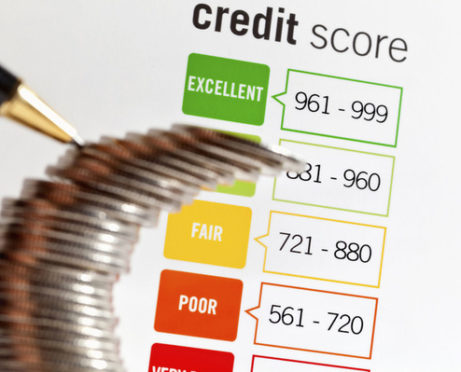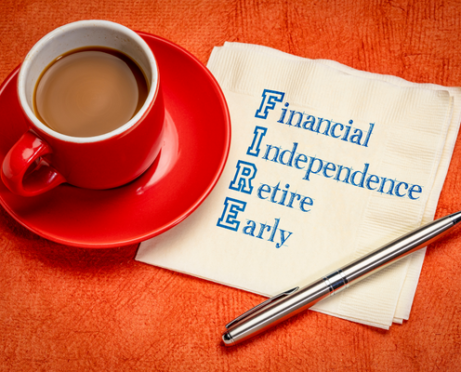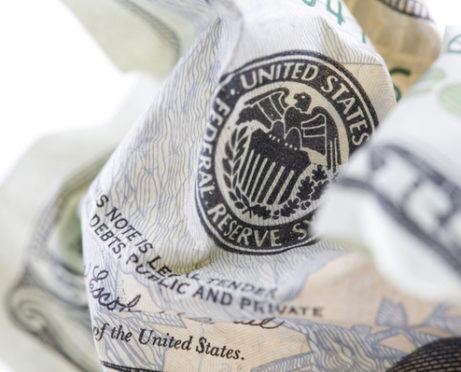
 Don’t have the money? Then you surely have the time! You surely have the time to help someone out in exchange for something in return.
Don’t have the money? Then you surely have the time! You surely have the time to help someone out in exchange for something in return.
One of the funniest conversations I’ve overheard while in college was two friends talking in my apartment. Here’s how it went:
A Conversation Between Friends Over Money
Friend 1: I wish life wasn’t so expensive. To get the brakes fixed on my car, I’m going to have to borrow money from my parents.
Friend 2: Yeah, I had to do them myself in the parking lot to save money. It’s not that hard.
Friend 1: I suppose.
Friend 2: What really sucks is how expensive my book was for biology. $160. That could’ve paid for your brake job.
Friend 1: Yeah that’s what it was when I had the class.
Friend 2: Wanna play Halo?
No! What a fail.
Do you notice what these two didn't see? Each person had a problem that the other had already solved.
The friend with the brake problem had a friend who could fix brakes. The biology student was sitting next to someone who had already taken the class. They both had plenty of time on their hands, since they later played Halo on my Xbox for probably four hours. See what I’m getting at?
They should have swapped favors as currency. The first friend could’ve gotten a free brake job. The second friend could’ve gotten a free textbook. Although no one could’ve played Xbox …
When Good Deeds Become a Currency
It’s something I’ve seen growing up. I don’t know what exactly spawned the collaboration in my community, but people were always swapping favors instead of currency. It worked incredibly well.
But before you go trading window curtains for a patent attorney (I read about someone doing just that), know about the legality of doing so.
I don’t want to bore you too much with talk about taxes. But the government likes to tax bartering arrangements. If it didn’t, the taxman – or woman; let’s go with woman – the taxwoman wouldn’t get her share of the pie in our new sharing economy. Examples of the sharing economy include Airbnb, DogVacay, and RelayRides, among others.
The taxwoman has taken it even farther. All products or services received through bartering are taxable.
So yes, you have to pay taxes on a friend’s brake job favor or for receiving a textbook. It’s annoying, but it’s fair.
Otherwise, everyone would skirt the government, and pretty soon we’d be back to a society of traders – furs, livestock, iPhones, etc.
To report a transaction such as this, you must file a 1099-B. To determine the value of your barter, look to the average market value of the products or services that you’re giving and receiving. Use that dollar figure.
Stay on Top of Your Taxes — File Your Return Today >>
Giving your friend a ride to the airport? What alternative would she use if she was friendless? What does that cost?
Since both parties’ information is recorded in one of these forms, make sure to tell your friend that you’ll be reporting the bartering arrangement. Otherwise, they may not fill out a form themselves. What will likely happen then is they will receive a letter from the IRS stating that they didn’t report this exchange. Penalties may apply. For more information on exactly how to report your specific barter exchange, visit the Bartering Tax Center on the IRS website.
Applying a Taxable Event to Your Own Life
Other examples of taxable events include, but are not limited to, getting a ride to the airport from a friend; having your friend pet-sit your goldfish; and forgoing in-store delivery of your refrigerator and instead letting your friend help you wrestle it into place.
Hopefully the tin man and the lion knew about tax laws when Dorothy took them to see the Wizard of Oz. That was definitely a taxable event.
The good news is that most people barter when young. So adding a few extra hundred bucks to your tax return isn’t really going to matter much. Depending on how much you make, it may not be taxed at all.
So is bartering a wise idea? Absolutely. Even though you have to pay taxes, it’s is such a small price compared with the overall cost of the goods or services received.And trading services or goods with your friend or neighbor can even be a fun exchange. You get to use your skills and your friends get to use theirs. It’s kind of like how life worked in the ol’ days.
Stay on Top of Your Taxes — File Your Return Today >>










